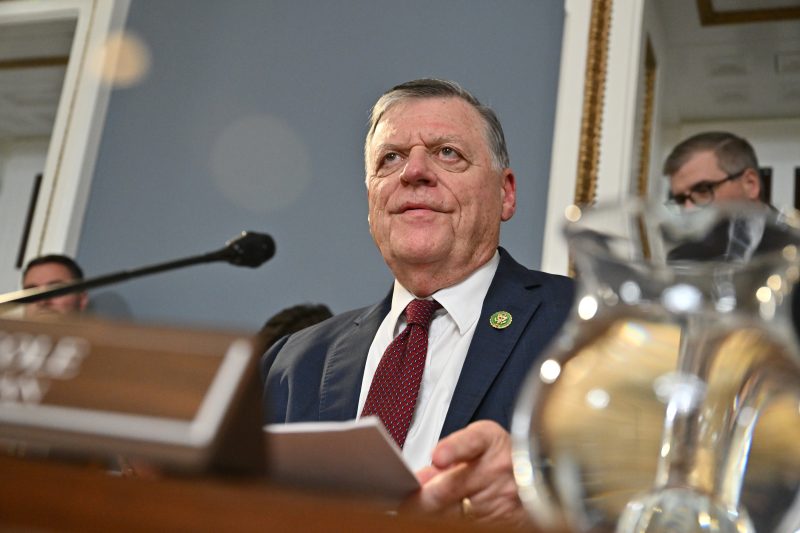
Underdog Uprising Unsuccessful: Primary Voters Stand by Incumbents
In the world of politics, much may be unexpected, but some things remain constant – like the clout wielded by incumbents come election season. A deep dive into recent primary contests reiterates this fact, revealing an enduring trend that lends credence to the notion that the establishment invariably has the upper hand in such electoral exercises.
The U.S. political structure gives incumbent lawmakers an advantage that comes in varying forms, not the least of which is widespread name recognition. Incumbents often break through the election cycle with higher visibility, owing to their tenure in office, through legislation or publicised standpoints on hot-button issues. This visibility facilitates trust and familiarity among voters, instrumental in fostering loyalty.
One other considerable advantage of tenure is fundraising. Having already occupied a political seat, incumbents are often in a better position to solicit funds for their campaigns compared with their contenders. Over time, they build networks of donors and establish relationships with influential figures, including business leaders, labour unions, and party high-ups who can supply financial leverage. This inclination towards incumbents can be seen in public disclosure records, where big dollars usually lean towards the establishment figures.
Moreover, being in office provides incumbents access to resources and political networks often inaccessible to their challengers. This incline is especially steep in heavily partisan districts, where the incumbent party holds sway. In these areas, voters tend to be more familiar with, and therefore more inclined to vote for incumbents.
An examination of the primary voters’ behavior showcases the underpinning dynamics of this far-reaching phenomenon. The data points to a powerful pattern of political conformity that safeguards the political elite and fortifies the status quo, much to the chagrin of hopeful aspirants who wish to unseat these veterans.
Recently, several primary elections witnessed the unbroken winning streak of incumbents. Even as outsider candidates rose to challenge the established order, buoyed by progressive or populist movements that echoed public discontent, the incumbent candidates held the fort.
The factors fueling this trend are numerous, but voter psychology plays a crucial role. Voters, who often rally for political change, paradoxically tend to back those already in power when deciding in the ballot box. This tendency stems from their comfort with the familiar or a certain level of skepticism or fear for radical change.
Throughout these elections, disenchantment with incumbents often remains confined to theoretical debates and seldom translates into significant shifts in the voting pattern. This situation perpetuates despite the fluctuating public opinion regarding job performance
